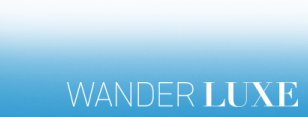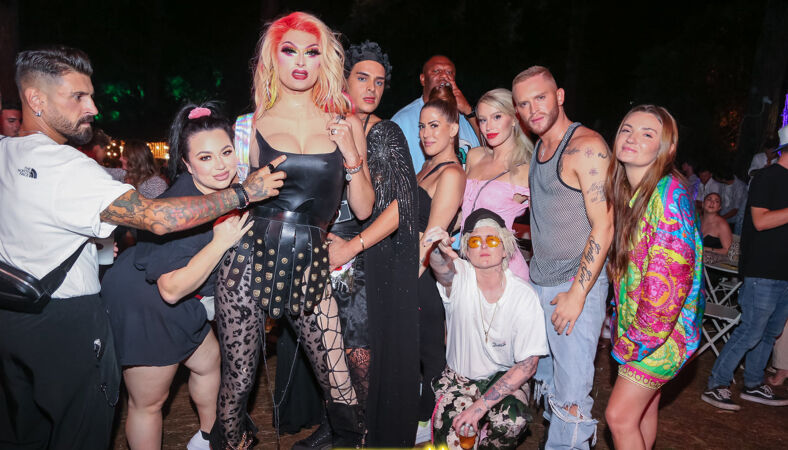
The nightlife of some cities evokes a specific gay identity, from the zoftig daddy bears of Chicago to the kinky tech nerds of San Francisco. For the lotus land of Los Angeles, where every season is summer and every day is a weekend, the mind immediately conjures the image of a West Hollywood Insta-twink sporting C-gutters and an Andrew Christian jockstrap. Although this reductive stereotype is not unfounded, it undermines the more nuanced facets of LA gay nightlife: the Tom of Finland-esque DILFs chugging PBRs at Eastside beer busts, the punk rock drag queens turning it out downtown, the unabashed fetishists letting loose in North Hollywood dive bars. Los Angeles is home to over 500,000 diverse and disparate people who identify as LBGT. With such a dense queer population, what exactly is the identity of LA’s gay nightlife?
Just as the tech industry dominates the Bay Area, or how fashion and finance hold sway over New York, the entertainment industry heavily influences LA’s gay culture, to which queer nightlife promoter Andrés Rigal can attest.
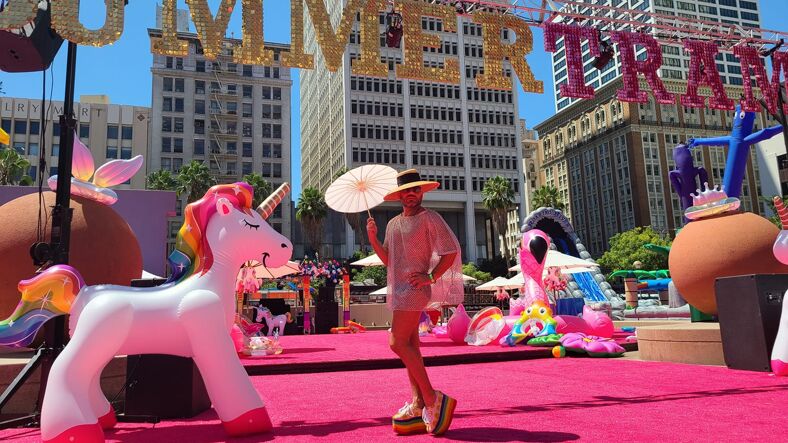
“Los Angeles Nightlife is so unique as you have Hollywood and the entertainment industry surrounding it at all times,” Andrés explained during a recent interview. “Nowhere in the world can the audience be more famous than the artist performing on stage.”
Andres knows firsthand the influence of celebrities on nightlife. Once a talent agent at Creative Artist Agency, in 2007 he pivoted into event promotion after a fortuitous brush with an A-Lister.
“To express myself and release pressure, I started throwing parties in Hollywood,” Andrés said. “Serendipity struck one weekend when the stars aligned: Prince showed up and performed at my party. After that, you can say that I fell in love with the limelight. I quit CAA and went on to open Bardot in Hollywood where I produced weekly parties featuring performances from all sorts of amazing talents like Florence and The Machine, Macy Grey, Lykke Li, and Bruno Mars.”
Over the past 15 years, Andrés’ events have permeated beyond Hollywood, most notably with Summertramp, his monthly pool party set in the concrete wasteland of Downtown Los Angeles, as well as the recently revived West Hollywood dance party EVITA. Much like Bardot, EVITA attracts a cavalcade of high profile performers, including Jake Shears, Duo Lipa, Diplo, and Kim Petras. For prominent LA drag queen and host of the weekly party Makeout Mondays Rhea Litre, celebrity is interwoven into the fabric of WeHo’s nightlife.
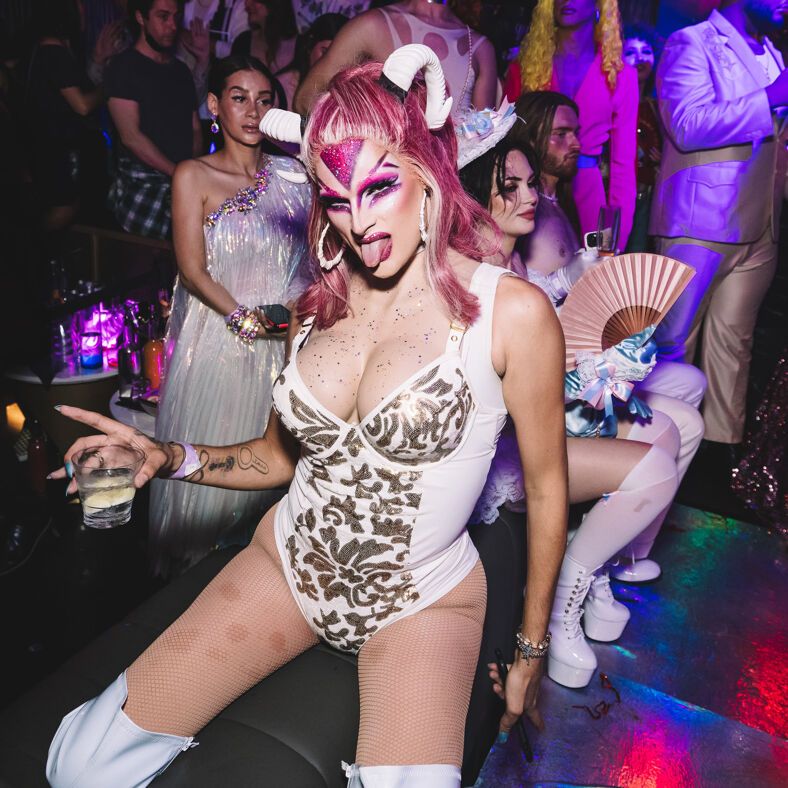
“West Hollywood is the LA gay hub,” said Rhea. “You never know who’s going to walk in the door. I mean, you can have anyone from Lisa Vanderpump, to Little NAS X, to Fergie.
“Lizzo was just at Heart last week,” she continued, referencing the popular dance club co-owned by out *Nsync alum Lance Bass. “She wasn’t even billed there. She came there because she wanted to surprise her gays.”
The history of WeHo roots back to its nightlife. In the 1920s, the area that would become the City of West Hollywood was still unincorporated, placing it outside of LA’s ban on gambling. As a result, numerous casinos and nightclubs popped up along WeHo’s iconic Sunset Strip, which was infamous for covertly serving alcohol during the Prohibition Era while the local sheriffs turned a blind eye. LA’s gay forefathers also benefitted from proto-WeHo’s laissez faire atmosphere, seeking refuge there from the aggressive homophobia of the LAPD. In 1984, in order to maintain rent control, a diverse coalition of the LGBTQ, Jewish, and senior citizen communities banded together to incorporate as the City of West Hollywood. Yet this diversity wasn’t fully reflected in WeHo’s gay nightlife until much more recently.
“West Hollywood was a Boys Town,” described Rhea. “There were no trans girls, no drag queens. There was no color. It was literally a city for hot white muscle gays. With RuPaul’s Drag Race hitting TV in 2009, the cities started blossoming and accepting the Queens and you were no longer looked at as that weird girl on the corner. We were looked at like, ‘Wow, there’s a drag queen.’ It’s almost like Bourbon Street now. There are so many people looking to have fun, have a drink, and be entertained by our queer people. I feel like a sense of extreme acceptance and extreme party in West Hollywood right now.”
While WeHo is an incredibly visible epicenter of queer entertainment, it’s only one aspect of LA’s gay nightlife. The Eastside of Los Angeles, which encompasses the neighborhoods of Silver Lake, Los Feliz, and Echo Park, fosters a grittier, more indy scene.
“I would say West Hollywood would be Disneyland,” Rhea explained, “and the Eastside would be Coachella.”
For Mario Diaz, a New York ex-pat and promoter of Silver Lake’s notorious weekly beer bust Hotdog Sundays, this gay nightlife duality is analogous to that of his old stomping grounds of the early aughts in Manhattan.
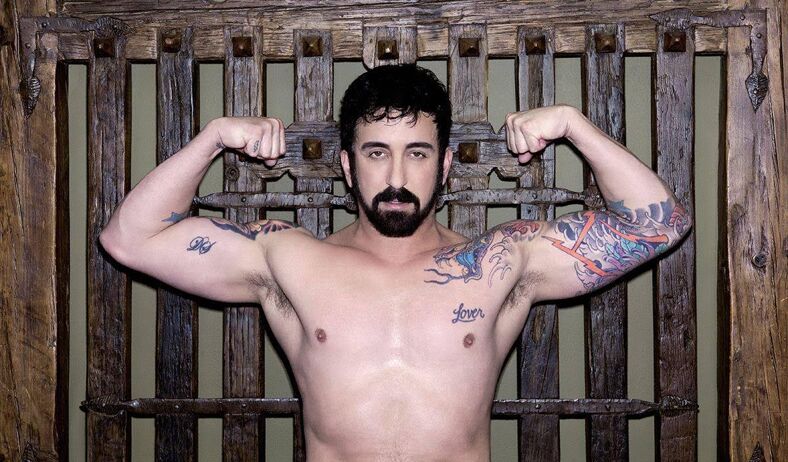
“There was the East Village, which is a little bit more rough around the edges, a little more rock and roll, a little more artsy, a little more grungy,” said Mario. “And then there’s the West Village and Chelsea, which is a little more Boys Town, this sort of upscale vibe, a little more pop. It’s just not my scene, the whole idea of VIP or bottle service, or a bougie environment, it’s not my comfort zone. I want to be in a bar that’s rough around the edges, that’s got black walls, low ceilings, it’s kind of smells funny, and it’s falling apart a little bit. That’s my sweet spot.”
Mario is arguably best known for opening The Cock in Manhattan, originally housed at the corner of 12th St and Avenue A. This kinky queer clubhouse was a reflection of the East Village’s turn-of-the-21st-century gay scene, which acted as an Island of Misfit Toys to New York’s alternative gay scene. Back then, the Ave A strip was littered with edgy dive bars, such as Opaline. In that basement club, queens from the Houses of Aviance, Extravaganza, and Ninja would participate in competitions featuring categories such as Dumpster Couture, where they had to assemble lewks solely from items they found on the street. A few blocks south was Boys Rooms, where local gay-lebrities such as Cazwell and Jonny “Gay Pimp” McGovern hosted the weekly dance parties GoGo Idol and Boys Gone Wild, respectively.
Unfortunately, due to a draconian Cabaret Law enforced during the reign of Mayor Guiliani that prohibited dancing in certain bars without a proper license, a bulk of Ave A’s gay scene fled to the then-gentrifying Hells Kitchen neighborhood, leaving the East Village a veritable gay ghost town. Although these bars have shuttered, their spirit lives on in LA’s Eastside.
When Mario transplanted to Los Angeles in 2005, he quickly infused this East Village aesthetic into LA’s nightlife scene, most prominently at his weekly party Big Fat Dick at WeHo’s Fubar. The event’s title was a reference to its signature competition where participants would have pictures of their genitals taken and presented to the crowd, which would vote for that night’s favorite. (For the record, the biggest wasn’t always the winner.) This embrace of radical sexuality is a major principle for Mario.
“That’s my mission statement,” said Mario, who also identifies by his nom-de-gay Uncle Mario and Dirty Daddy, “to help, you know, diminish the shame that we carry around our sexuality. So for me, the sex has always been front and center, but always with a sense of humor and some style.”
The Eastside’s overt, alternative sexuality is reflected in its fetish-friendly dive bars such as The Eagle LA, and events such as the Off-Sunset Festival (think an LA version of San Francisco’s Dore Alley) and the annual Mr. LA Leather competition. And it seems the further away one gets from WeHo, the kinkier the scene gets. This notion is best exemplified by The Bullet in North Hollywood.
Once lauded as LA’s “Best Secret Fetish Bar” by LA Weekly, this old-school clubhouse is located approximately 10 miles away from the mainstream gay glitz of WeHo, lending it a degree of anonymity. By creating this safe space, the Bullet serves as an ideal venue for gay LA’s myriad fetish events, such as Diaper Active, a night dedicated to Southern California’s ABDL community, and Chewie’s Kennel, a monthly pup play party. Like Mario, Chewie, the titular pup party host, feels sexuality is an integral part of LA’s gay nightlife identity. Let’s be honest, one can’t spell homosexual without sex.
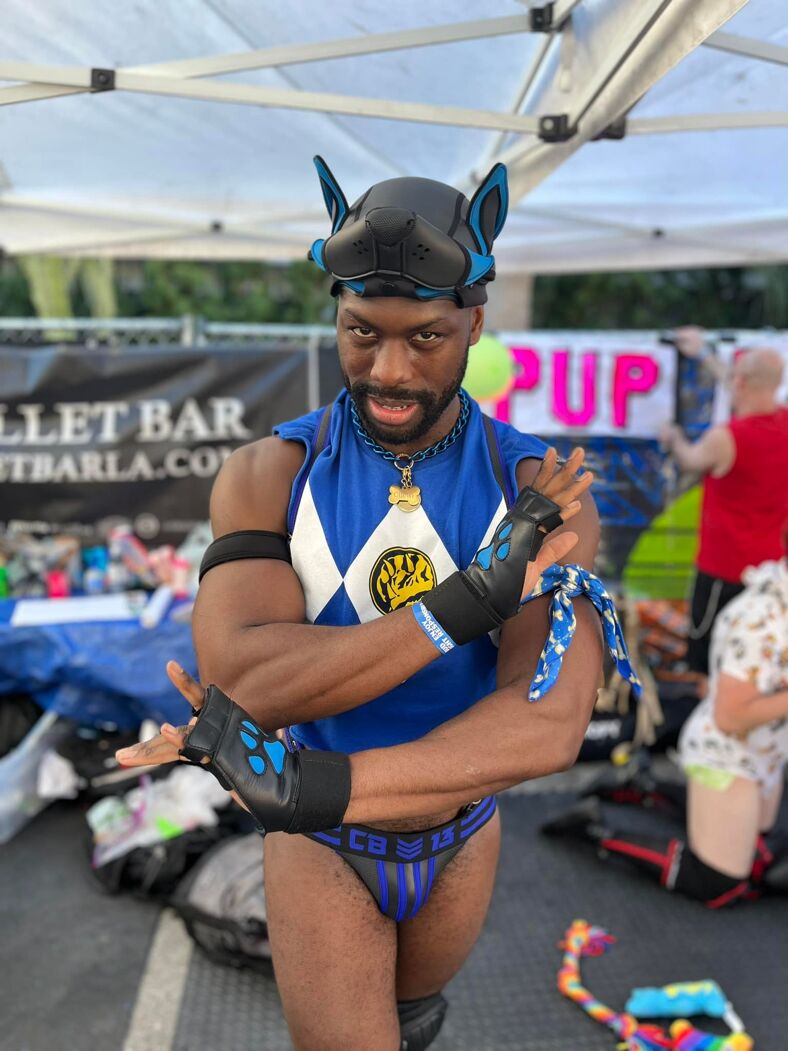
“Kink contributes greatly to any metropolitan area’s queer nightlife identity by merely existing and having its own space,” said Chewie. “Many queer spaces sell themselves and generate business through what they define as sexy. From attractive staff members to go-go dancers, to people being paid to be at parties, sex has always been a major selling point. So it isn’t hard to follow down that trail and ask ourselves, what exactly turns us on?’ And that opens up a pathway for us, the kinksters, to help answer those questions by having these spaces for people to explore.”
This reverence for fetish culture stands in stark contrast to West Hollywood’s more polished image. It’s the double edge sword of being a prominent tourist destination. By being Los Angeles’s gay hub, WeHo can get away with far less than LA’s other gayborhoods.
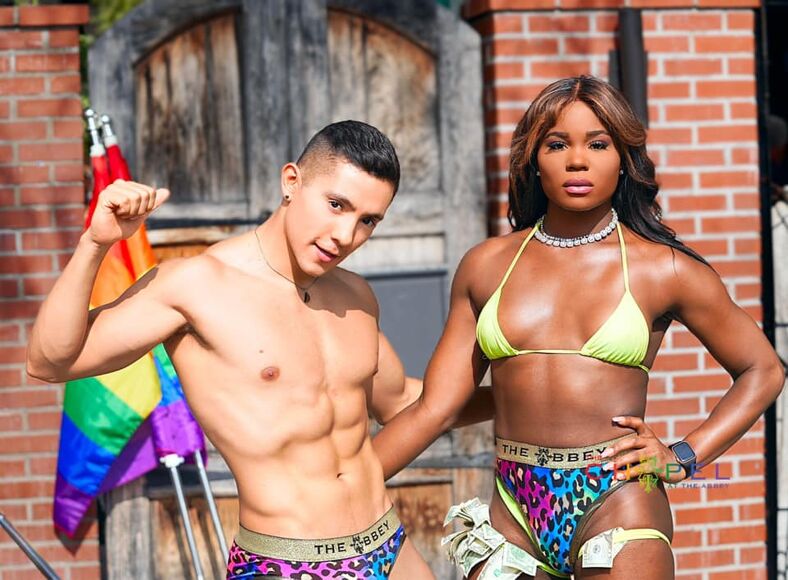
“We have to make sure that here we have clean, wholesome fun,” said Todd Barnes, General Manager of West Hollywood’s Iconic gay nightclub the Abbey. Originating in 1991 as a humble coffee shop, The Abbey has since evolved into a major LA nightlife institution, welcoming locals and tourists of every race, gender, and orientation from around the world. “We have sexy dancers, we have beautiful people. But at the same time, we never crossed the line into what could be risque.”
“And we’re always very, very cognizant of knowing that ABC,” he continued, citing Alcoholic Beverage Control, the department that regulates alcohol sales, “has their eyes on every nightclub going around. And if they see something that’s not good, they can shut you down.”
This scrutiny isn’t the only flaw in Los Angeles’ gay nightlife. In a town where hordes of photogenic fame whores are constantly elbowing each other for camera time, superficiality also contribute’s the identity of gay LA.
“It’s very much about the exteriors,” said Todd. “When you think of other cities, there’s a little more depth. I think in Hollywood it’s all about how you look, how you act, your next film, and what car you drive. I think it’s kind of the dark side of Hollywood that translates into the gay community into Hollywood. I do think that in our community, we can tend to be very mean to one another, and kind of put others down.”
This shadow side of gay Los Angeles once again circles back to the influence of the entertainment industry, which ultimately defines LA’s queer nightlife. Not so much the streaming series and blockbuster movies produced by Hollywood, but the (often gay) aspiring artists who flock to Los Angeles every pilot season. Gay LA nightlife is an actor, but an actor with range.
Sure, he’s the camera-ready CW heartthrob, with his symmetrical face and perfect smile. But his talents plumb deeper than that. He’s the edgy indy actor, diving into dark, gritty roles. He’s also the sex-positive adult film star catering to niche kink audience bases. And the trendsetting TikTok twink. And the C-List star fucker. And while he may not be as erudite as his cousin San Francisco, or as effortlessly suave as New York, LA is confident in the knowledge that whatever he does, he’s going to look photogenic as fuck doing it.
RELATED: Queer royalty reigns over Pride March in Los Angeles
Don't forget to share:








